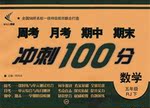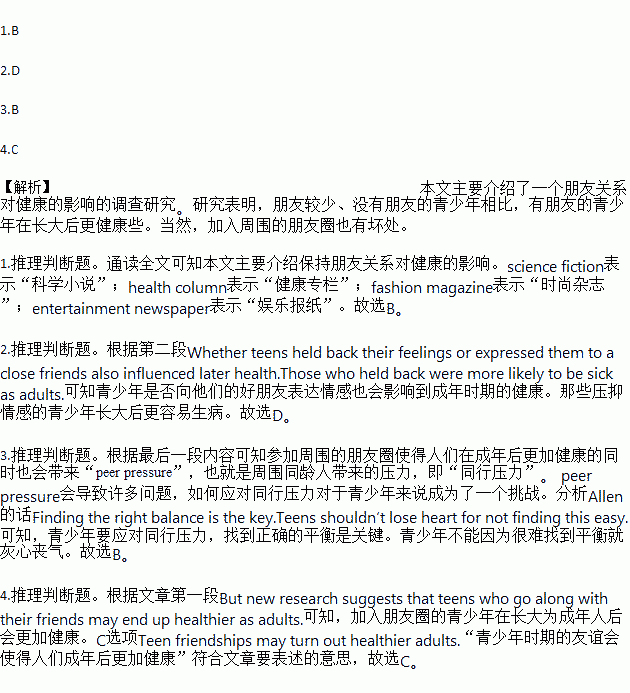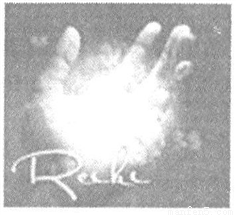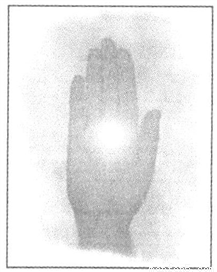题目内容
Following the crowd may not always be in a person’s best interest.But new research suggests that teens who go along with their friends may end up healthier as adults.
Scientists have known that close friendships help boost health.That’s true for both teens and adults.The finding inspired Joseph Allen,a psychologist at the University of Virginia,and his team to study whether experiences during teen years would influence adult health.So they followed 171 teens,starting when the kids were just 13.They interviewed each one every year for five years,and also spoke to these teens’ closest friends,who provided additional information about the quality of their friendships.The same 171 people were interviewed again at ages 25,26 and 27. This time,the questions surveyed each person’s overall health.When the researchers analyzed the data they found a strong connection between a teen’s behavior and adult health.Teens who had close friends grew up to be the healthier adults.Whether teens held back their feelings or expressed them to a close friends also influenced later health.Those who held back were more likely to be sick as adults.The connection held up even after the scientists accounted for other possible influences on health.Weight,family income and drug use were all examined.So were mental health issues,such as anxiety and depression.And in these people,such other factors did not explain adult health as well as teen friendships did.
Going along with the crowd may have benefits,says Allen,but there are also drawbacks.Teens who are more independent tend to do better at school and work.And peer pressure may lead some kids to engage in risky behavior, such as smoking,drinking or using drugs.Dealing with it is an ongoing challenge,Allen acknowledges.“Finding the right balance is the key.Teens shouldn’t lose heart for not finding this easy.”And,he adds,“Parents need to be understanding about the pressures teens face.”
1.Where can you probably read this passage?
A. Science fiction B. Health column
C. Fashion magazine D. Entertainment newspaper
2.We can learn from Allen’s study that _________.
A. many other factors have a greater influence on adult health than teen friendships
B. mental health issues have nothing to do with adult health
C. the same 171 teens were interviewed each year from 13 to 27
D. the teens who couldn’t express themselves grew up to be unhealthier
3.According to what Allen said,we can know that _________.
A. in order to do better at school,teens should not follow the crowd
B. though it’s challenging for teens to deal with peer pressure,they should not give up
C. teens will engage in smoking,drinking or using drugs when facing peer pressure
D. parents should understand their teens and stop them going with friends
4.What can be inferred from the passage?
A. There is nothing bad for teens to follow the crowd.
B. Close friendships are the most important for people’s health.
C. Teen friendships may turn out healthier adults.
D. Adult health is only influenced by teen friendships.
 新非凡教辅冲刺100分系列答案
新非凡教辅冲刺100分系列答案



 ethods are very effective in the examples that they provide. However, there are some "everyday complaints" such as back pains, headaches, which are treated currently with medicine. When you have a headache, you take an Aspirin; when you cannot sleep, you take Xanax without thinking of the side effects of these. When you use these pills for a long period, you become dependent on them; you cannot sleep without them. We pay huge amounts of money but never get better. How about a safer and more economical way of healing? When doing Reiki to yourself, you do not need anything except your energy so it is very economical. Also, there are no side effects and it is scientifically explained.
ethods are very effective in the examples that they provide. However, there are some "everyday complaints" such as back pains, headaches, which are treated currently with medicine. When you have a headache, you take an Aspirin; when you cannot sleep, you take Xanax without thinking of the side effects of these. When you use these pills for a long period, you become dependent on them; you cannot sleep without them. We pay huge amounts of money but never get better. How about a safer and more economical way of healing? When doing Reiki to yourself, you do not need anything except your energy so it is very economical. Also, there are no side effects and it is scientifically explained. ig red tail-lights grew larger and larger and glowed more and more brightly. With a faint whistling ________, the car was gone in seconds, leaving Alice shaking her head in disbelief…
ig red tail-lights grew larger and larger and glowed more and more brightly. With a faint whistling ________, the car was gone in seconds, leaving Alice shaking her head in disbelief… see the girls there, as they knew they were not allowed to go to the park alone. Obviously the girls 8.(hear) strange noises and then decided to run as fast as they could to get away. While 9.(run), Susie fell over and could not get up.
see the girls there, as they knew they were not allowed to go to the park alone. Obviously the girls 8.(hear) strange noises and then decided to run as fast as they could to get away. While 9.(run), Susie fell over and could not get up.